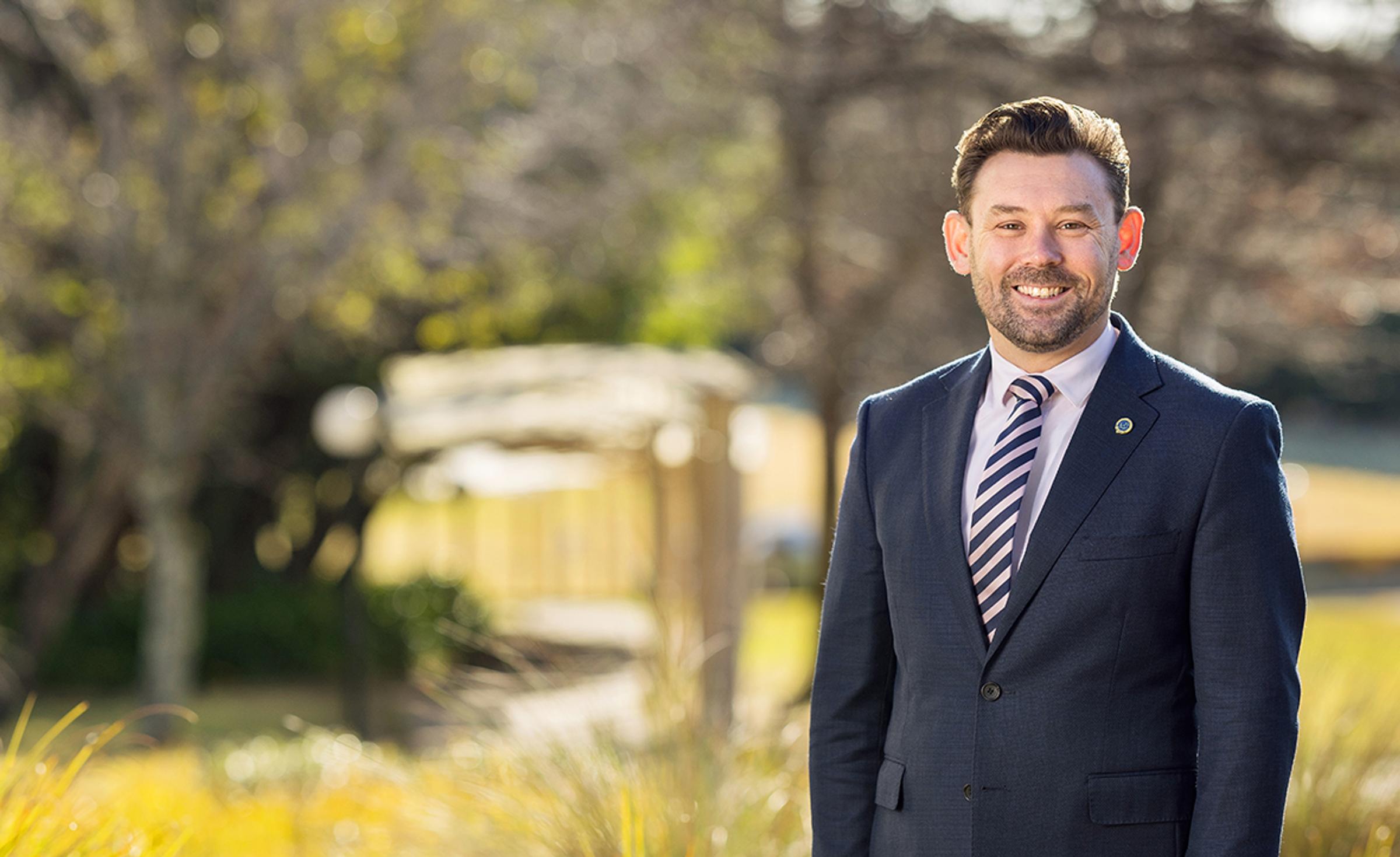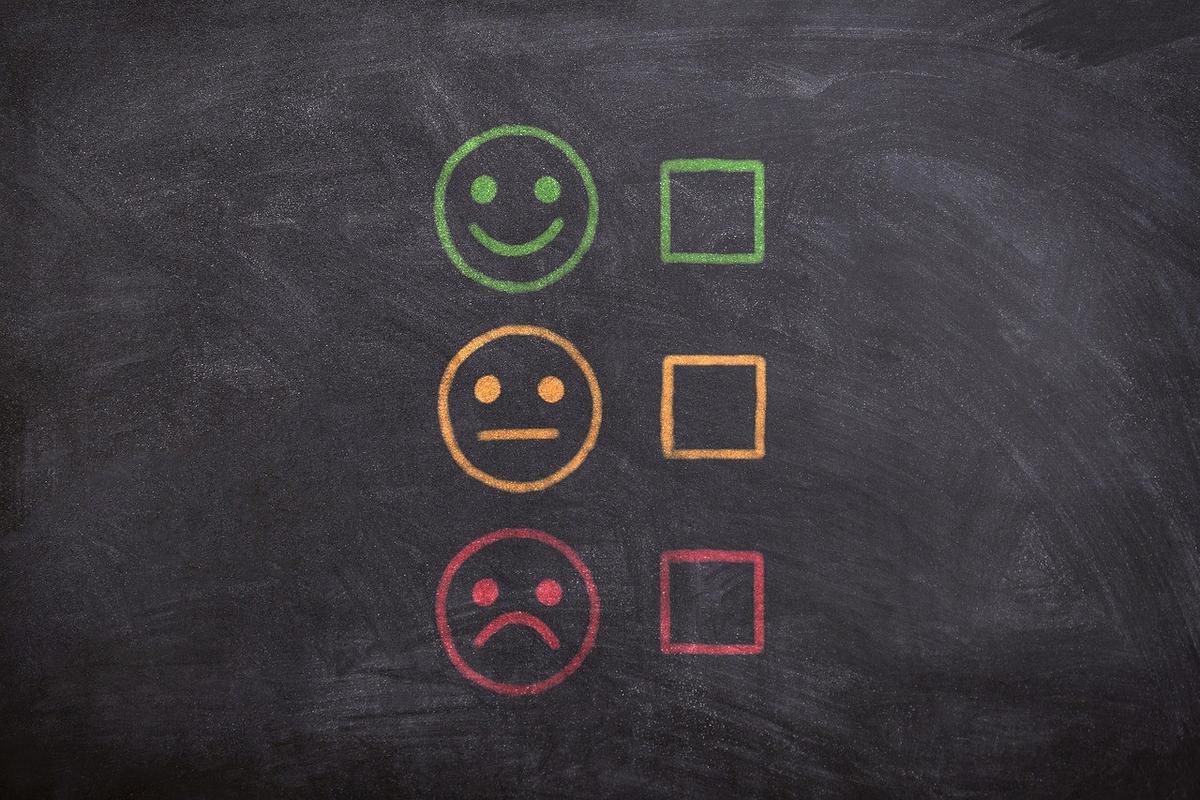From the Director of Innovative Pedagogies

Showtime: How Student Showcases Give Worth to Learning?
Many families would be familiar with the end of year pack up. Desks are cleared out, lockers are emptied and students drag home exercise books, old lunch boxes and other school paraphernalia. Some work may be kept, tucked away for nostalgia's sake, but much of it is disposed of as we put a ribbon around the end of another year, and move on. The work that students put hours and days into is forgotten about as we swing into the Summer break.
A great question to ask around this is ‘how do students show and explain their learning?’ If it is being disposed of at the end of the year after being noted down carefully in previous months, then is there a way of changing how students show their work?
Next Wednesday the Year 7 Odyssey students are trying something different and holding a showcase night for their families and other students. They have produced drama scripts, pieces of music, artworks, video advertising scripts and more that show what they have been doing. Rather than taking notes in books that will soon be forgotten there will be a marketplace in the John Cunningham Student Centre where students will need to show off their work to an authentic audience. They will need to stand next to their work and explain the choices they made in their learning, what they would do differently if they had the opportunity, advice they would give to others and how their work meets the brief of the project.
There is strong research around this style of learning and demonstration of thinking. Giving students authentic problems to solve, a hard deadline and an in-person, rather than theoretical audience shifts the authenticity of learning and student buy-in. All of a sudden, when they know they have an opportunity to show off their best work, they rise to the challenge and are able to pull it together in a way they would not if it was another style of work.
As well as this, the students have learned a huge amount about collaboration. They have lived the positives and good experiences, as well as the frustrations and the difficult conversations and negotiations. Through collaborative project work and presentations, students have developed teamwork skills, communication strategies, and mutual respect, fostering a collaborative learning environment. Being human means significant interaction and having to work together for a public facing product is a challenge that can be confronting, but hugely meaningful.
I am confident that next Wednesday the ambiguity and challenges the students have worked through will all be worth it when they see their completed projects and just how far they have come in eight weeks of project based learning.
Mr Christopher Sanders
Director of Innovative Pedagogies
